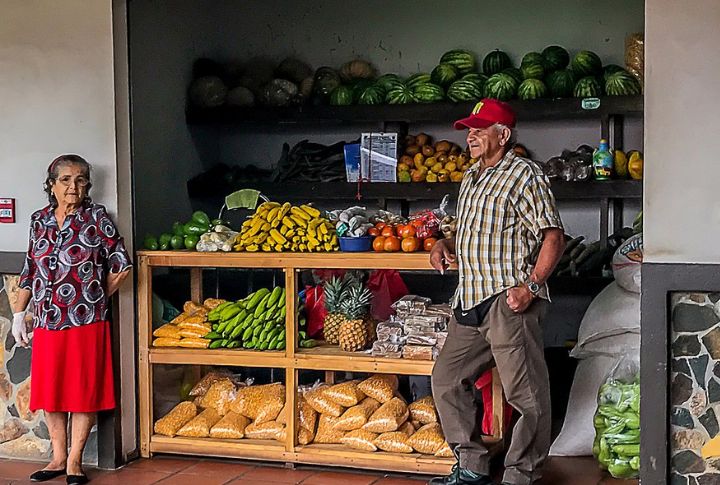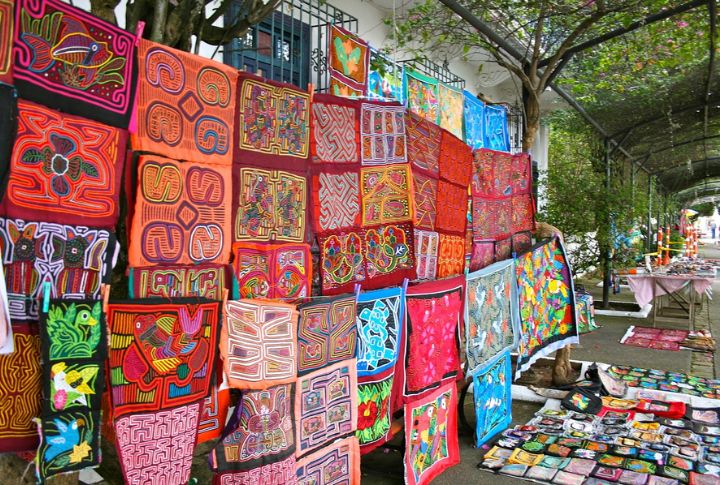
Moving to Central America offers promises of paradise with those beaches, low costs (mostly), a laid-back lifestyle, etc. But reality doesn’t always match the dream. Here’s an unfiltered look at five major perks and five unavoidable downsides of settling in this region.
Pro: Lower Cost Of Living Lets Money Stretch Further

Housing often runs 60% cheaper than in US metro areas. Daily goods (for example: food, healthcare, transport, etc.) show similar patterns. That math adds up to one thing: financial breathing room. If remote income or retirement funds support you, the reduced cost of living lets you live better without spending more.
Pro: Slower Pace Brings Freedom From The Grind

Schedules feel more like suggestions than rules. Forget setting alarms just to battle gridlock. Around here, the day unfolds gently. One errand might take all morning, but nobody minds. When was the last time you didn’t feel rushed? This lifestyle reminds you that time was never meant to race.
Pro: Adventure Lies Around Every Corner

You sip mango juice while deciding whether you should spend the day hiking a dormant volcano or swimming with stingrays. Even Tuesday mornings hold potential here. Life reads like a “choose your own adventure” book. Just swap the paper for palm trees, and the only deadline is sunset.
Pro: Access To Fresh, Locally Grown Food

No need to search for organic labels. Fish arrive hours after being caught. Pineapples still wear the field’s scent. You shop at street stalls instead of supermarkets, eat what’s in season, and pay less. It’s not trendy—it’s normal. And once you adjust, it feels impossible to eat any other way.
Pro: Tropical Climate Keeps Every Day Feeling Like Vacation

Remember ice scrapers? Yeah, those relics don’t make the move. Instead, sandals become year-round gear. While old neighbors post snowstorm photos, you’re sweating over which coconut to pick. Seasonal weather anxiety gets canceled. Yes, the hotness is real, but so is the coolness of the beach breeze.
Con: Power Outages And Spotty Internet Disrupt Daily Life

Electricity flickers out mid-call. Internet speeds crawl when it matters most. Infrastructure, while improving, isn’t built for modern digital dependence. If you rely on remote work or constant connectivity, quickly learn that backup generators and mobile data plans are non-negotiables.
Con: A Real Estate Market That Moves At Its Own Pace

Selling a house back home? Done in weeks. Here? It’s a test of patience. It is more of fewer buyers with slower responses and long silences. Fewer buyers mean homes may linger unsold, forcing owners to adjust expectations or lower prices to attract interest. It’s a long waiting game.
Con: Bureaucracy Turns Simple Tasks Into Marathon Missions

Newcomers often find themselves waiting—at banks, in offices, or maybe for a contractor who promised to arrive an hour ago. Unlike in the US, where punctuality is a sign of professionalism, many cultures in Central America take a more flexible approach to time. Kind of like that sloth from “Zootopia”.
Con: Limited Job Opportunities For Foreigners

Unless working remotely or running a business, it is a challenge to find legal employment. Many countries restrict jobs for non-citizens, and work permits can be difficult to obtain. Without a clear income source, to make a living won’t be as simple as just showing up.
Con: Not Everything Comes Cheap—Imported Goods Can Surprise You

Many assume that moving to a lower-cost country means everything stays cheap, but reality tells a different story. Essentials like fresh produce and utilities remain affordable, but imported comfort items, like branded condiments or specialty snacks? Those often cost double or triple their US price.
